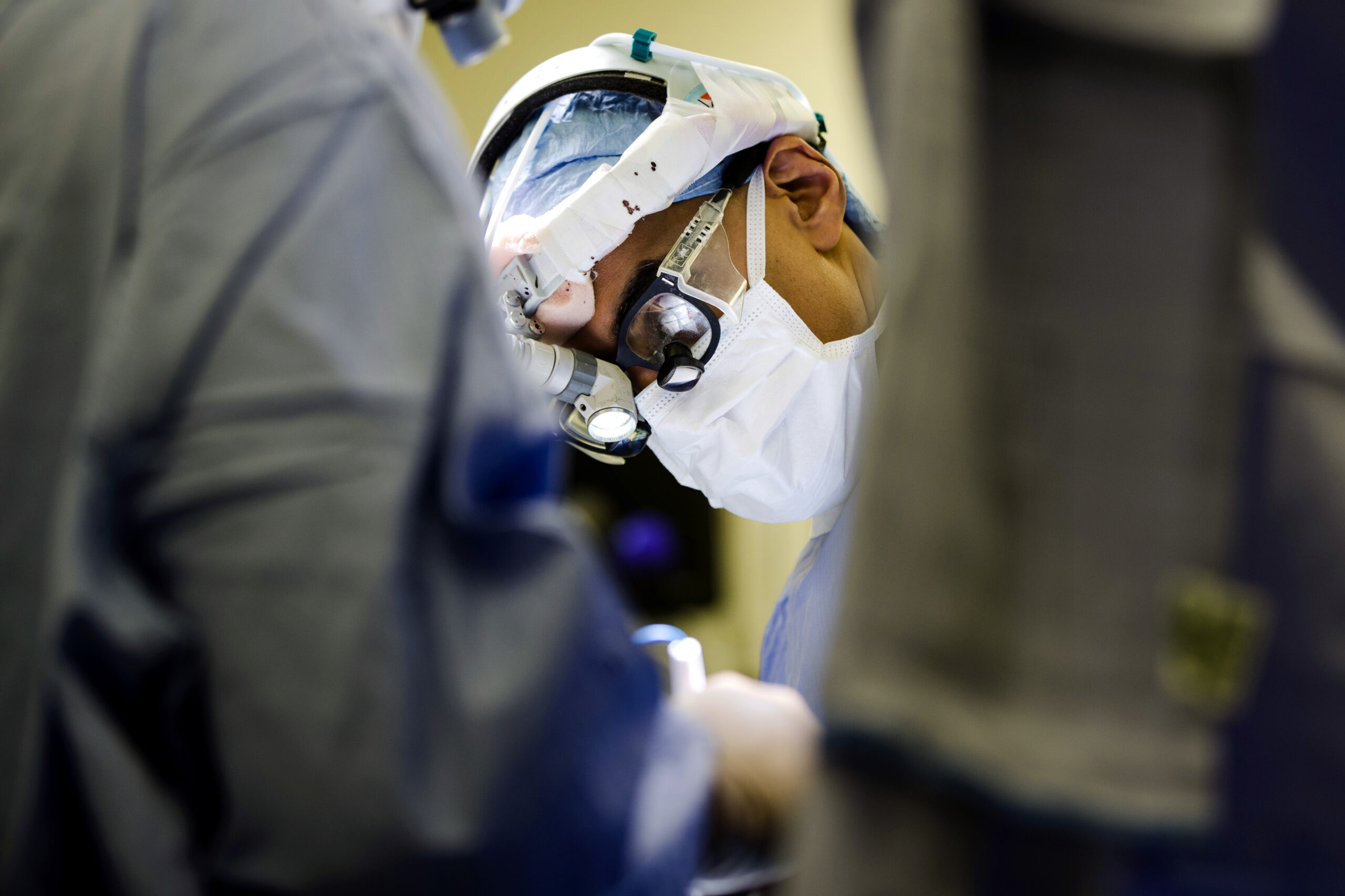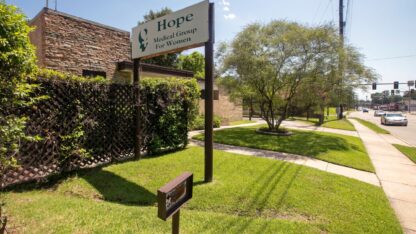Quick Georgia abortion restrictions send some patients home

Georgia’s abortion law changed so abruptly Wednesday afternoon that some patients who were in an office waiting for abortions were told that what had been legal that morning was no longer legal in the state and sent home.
Melissa Grant, chief chief operating officer of Carafem, a Washington, D.C.-based group that operates a reproductive health clinic in Atlanta, called the process of sending home four patients “terrible.”
“It was difficult every time the staff had to bring it up, whether it was someone on the phone for tomorrow or somebody in the office today,” Grant said.
“They would have to resteel themselves in order to try to be empathetic and understanding in the face of someone who was either going to fall apart, cry, get angry or try to bargain — ‘Isn’t there some way you can still see me?’”
The law, which had been barred from taking effect, bans most abortions once a “ detectable human heartbeat ” is present.
Cardiac activity can be detected by ultrasound in cells within an embryo that will eventually become the heart as early as six weeks into a pregnancy, before many pregnancies are detected.
The Georgia law includes exceptions for rape and incest, as long as a police report is filed. It also allows for later abortions when the mother’s life is at risk or a serious medical condition renders a fetus unviable and includes provisions that change the definition of “natural person,” giving a fetus the same legal rights as people have once they’re born.
The 11th U.S. Circuit Court of Appeals ruled Wednesday that the U.S. Supreme Court ruling in a Mississippi case that overturned Roe v. Wade allows the law to take effect. Normally, the Georgia ruling wouldn’t take effect for weeks, but the court issued a second order Wednesday allowing the law to take effect immediately.
In Louisiana, a state judge ruled Thursday that the state’s three abortion clinics can continue operating while a lawsuit challenging the state’s near total ban on abortions is resolved. For weeks, access to abortion has been flickering in the state, where the ban has twice taken effect twice and twice been blocked since the Supreme Court ruling in June.
Clinics in Baton Rouge and New Orleans that had ceased operations pending the ruling said they were open again Thursday.
The preliminary injunction in Louisiana is the latest development amid a flurry of court challenges to state “trigger” laws that were crafted in anticipation of Roe being overturned.
Georgia is one of the biggest states to see sweeping new restrictions on abortion since the Supreme Court ruling. The National Abortion Federation listed 10 clinics providing surgical abortions before Wednesday, although an 11th clinic in Savannah had already closed after the Supreme Court acted.
One of those clinics, the Feminist Women’s Health Center in Brookhaven, had been performing 150 to 200 abortions per week, Executive Director Kwajalein Jackson said.
That number rose when new limits went into place in other southeastern states in recent weeks, Jackson said. Grant said Carafem has canceled more than 75 appointments for women who estimate they are beyond six weeks.
State records show about 35,000 abortions were performed in Georgia in 2021.
Now, with abortion illegal or heavily restricted in Deep South states except disputed Louisiana, Georgia patients more than six weeks pregnant are likely to be referred to clinics in Florida, North Carolina or even farther away. Abortion rights supporters said that they try to refer women to the right location for them, and somewhere farther away might be better if a woman has family or friends in a distant location.
“It really is about what is going to be the best plan for the person at the end of the day,” said Monica Simpson, executive director of Atlanta-based SisterSong Women of Color Reproductive Justice Collective, which advocates for abortion rights particularly on behalf of nonwhite women.
Simpson and abortion providers said they work closely with abortion funds that can provide financial assistance for travel, child care and other needs.
Groups that oppose abortion are also stepping up their responses, said Suzanne Guy, a longtime activist. “My phone has been blowing up since Roe has been overturned,” she said.
Guy said she hopes religious groups will support women not just while pregnant and during birth, but long afterward.
“It really is laser focused on that precious pregnant mom that finds herself in an unplanned, unwanted or crisis pregnancy, and really being there for her for the long haul,” Guy said.








